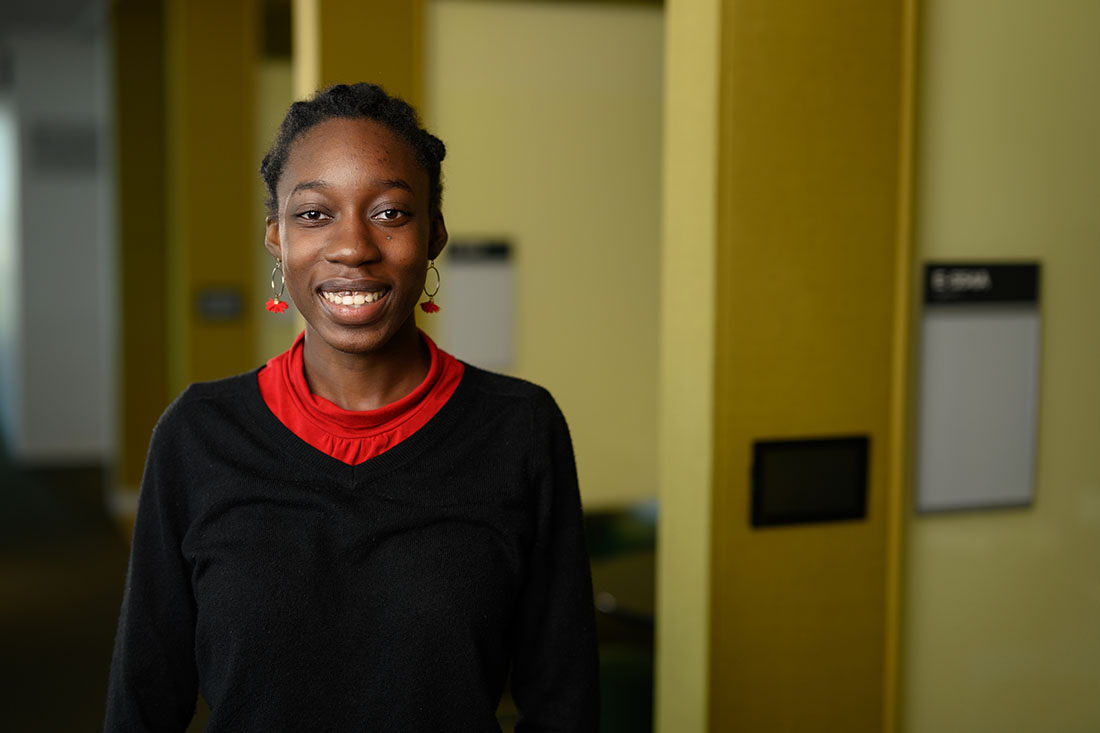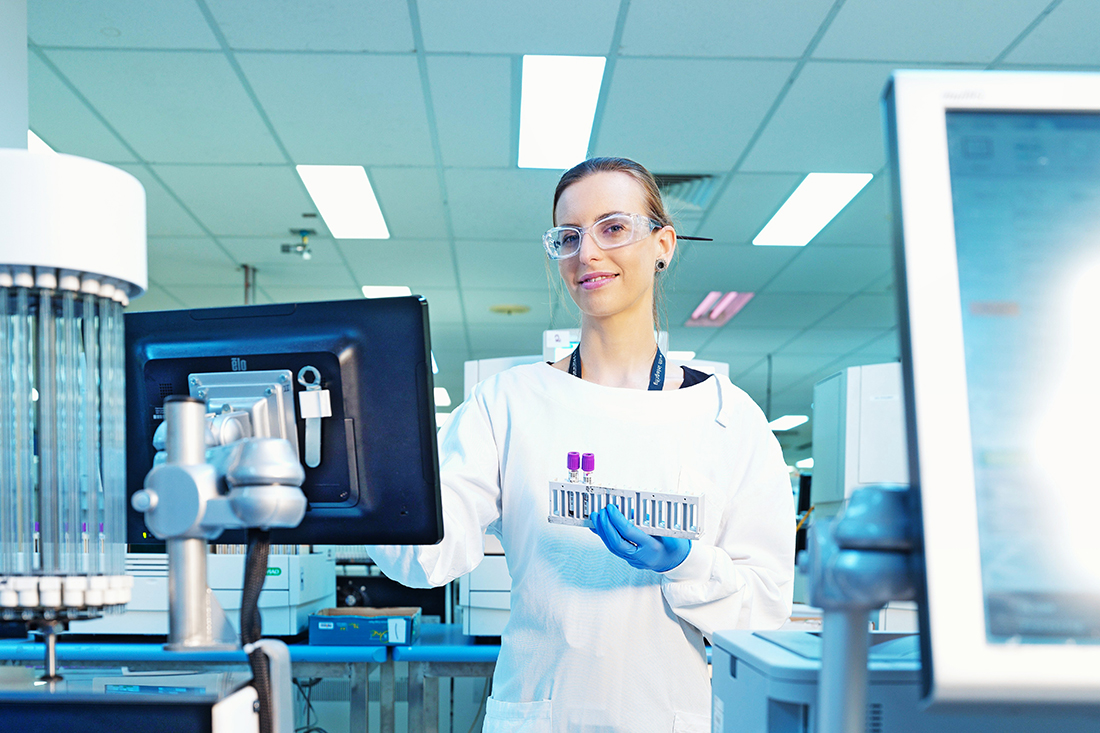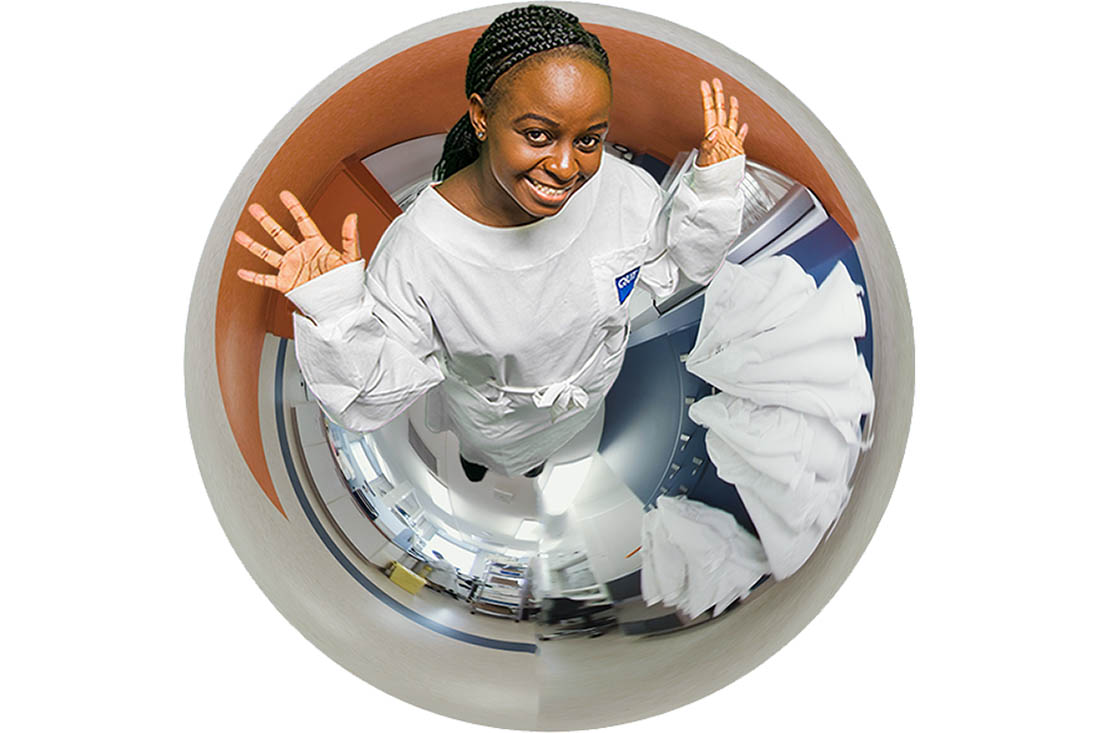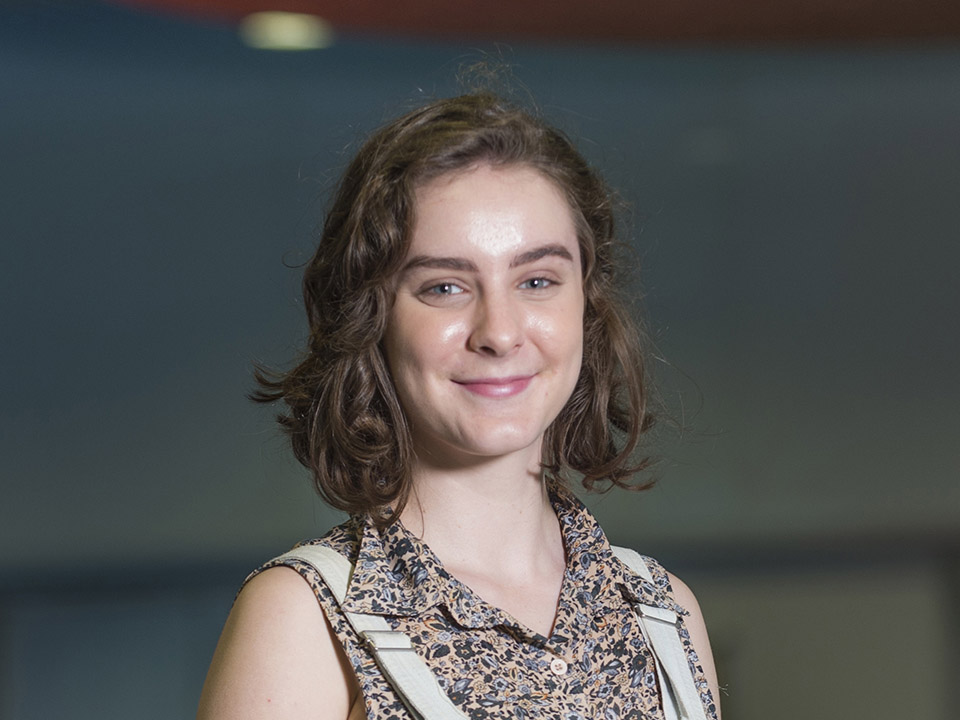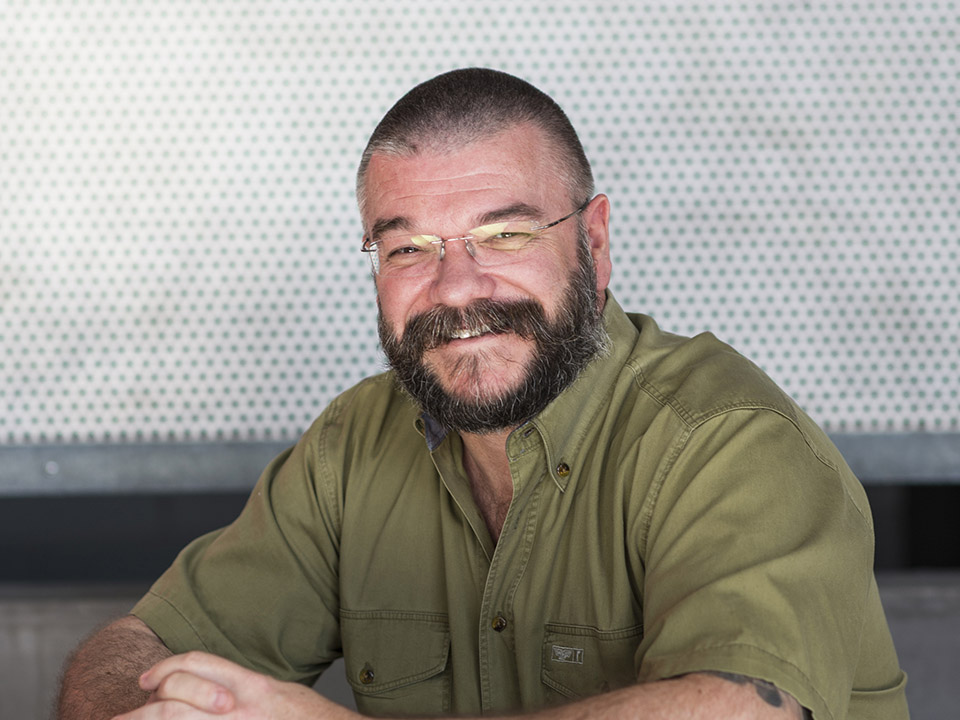Year 1
The course commences by developing a sound knowledge and understanding of fundamental concepts that underpin medical laboratory science: cellular and molecular biosciences, anatomy, physiology mathematics, statistics, biophysics and chemistry. You will also be introduced to the local, national and global profession of medical laboratory science, and the Australian Healthcare System in the first of your professionally orientated units in the course.
Year 2
In your second year, you will explore more specialised concepts in pathology, biochemistry, microbiology, immunology, cytogenetic and molecular pathology, histopathological techniques, quantitative medical science, and quality assurance systems. In your practical classes, you will learn some of the latest techniques used in the clinical diagnostic pathology industry, giving you the opportunity to develop your skills to professional standards.
Year 3
The third year of the program allows you to further develop and refine your knowledge, understanding and practical skills to a more advanced level, and learn how they are applied in the clinical disciplines of molecular diagnostics, microbiology, chemical pathology, diagnostic endocrinology, histopathology, cytopathology, haematology and, transfusion and transplantation science.
Year 4
In your first semester, you will undertake a semester-long work integrated learning internship in a recognised laboratory. During that time you will also complete studies in health informatics and learn how this relates to day-to-day laboratory operations. In your final semester, you will complete an elective of your choice designed to complement your learning, e.g. pharmacology, marketing, management or research techniques. You will also prepare professional plans and identify graduate opportunities, as well as further your clinical discipline specific learning in the context of intercultural health and contemporary issues in medical science.
Students complete 24 credit points of QUT You units made up of:
Core
QUT002 QUT You: Walking on Country and QUT005 QUT You: Seeing Me, Seeing You: Skills for a Diverse World and
Electives
2 x QUT You Elective Units
Year 1
The course commences by developing a sound knowledge and understanding of fundamental concepts that underpin medical laboratory science: cellular and molecular biosciences, anatomy, physiology mathematics, statistics, biophysics and chemistry. You will also be introduced to the local, national and global profession of medical laboratory science, and the Australian Healthcare System in the first of your professionally orientated units in the course.
Year 2
In your second year, you will explore more specialised concepts in pathology, biochemistry, microbiology, immunology, cytogenetic and molecular pathology, histopathological techniques, quantitative medical science, and quality assurance systems. In your practical classes, you will learn some of the latest techniques used in the clinical diagnostic pathology industry, giving you the opportunity to develop your skills to professional standards.
Year 3
The third year of the program allows you to further develop and refine your knowledge, understanding and practical skills to a more advanced level, and learn how they are applied in the clinical disciplines of molecular diagnostics, microbiology, chemical pathology, diagnostic endocrinology, histopathology, cytopathology, haematology and, transfusion and transplantation science.
Year 4
In your first semester, you will undertake a semester-long work integrated learning internship in a recognised laboratory. During that time you will also complete studies in health informatics and learn how this relates to day-to-day laboratory operations. In your final semester, you will complete an elective of your choice designed to complement your learning, e.g. pharmacology, marketing, management or research techniques. You will also prepare professional plans and identify graduate opportunities, as well as further your clinical discipline specific learning in the context of intercultural health and contemporary issues in medical science.
Students complete 24 credit points of QUT You units made up of:
Core
QUT002 QUT You: Walking on Country and QUT005 QUT You: Seeing Me, Seeing You: Skills for a Diverse World and
Electives
2 x QUT You Elective Units
